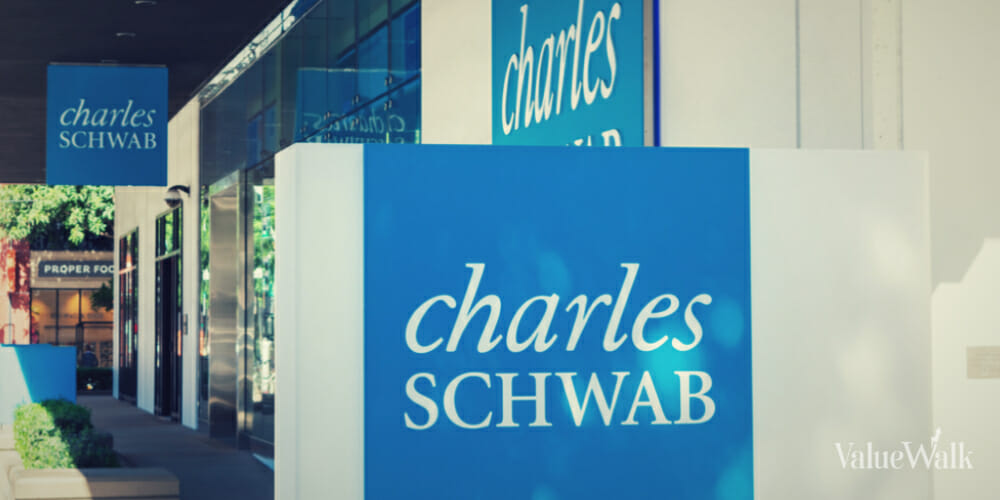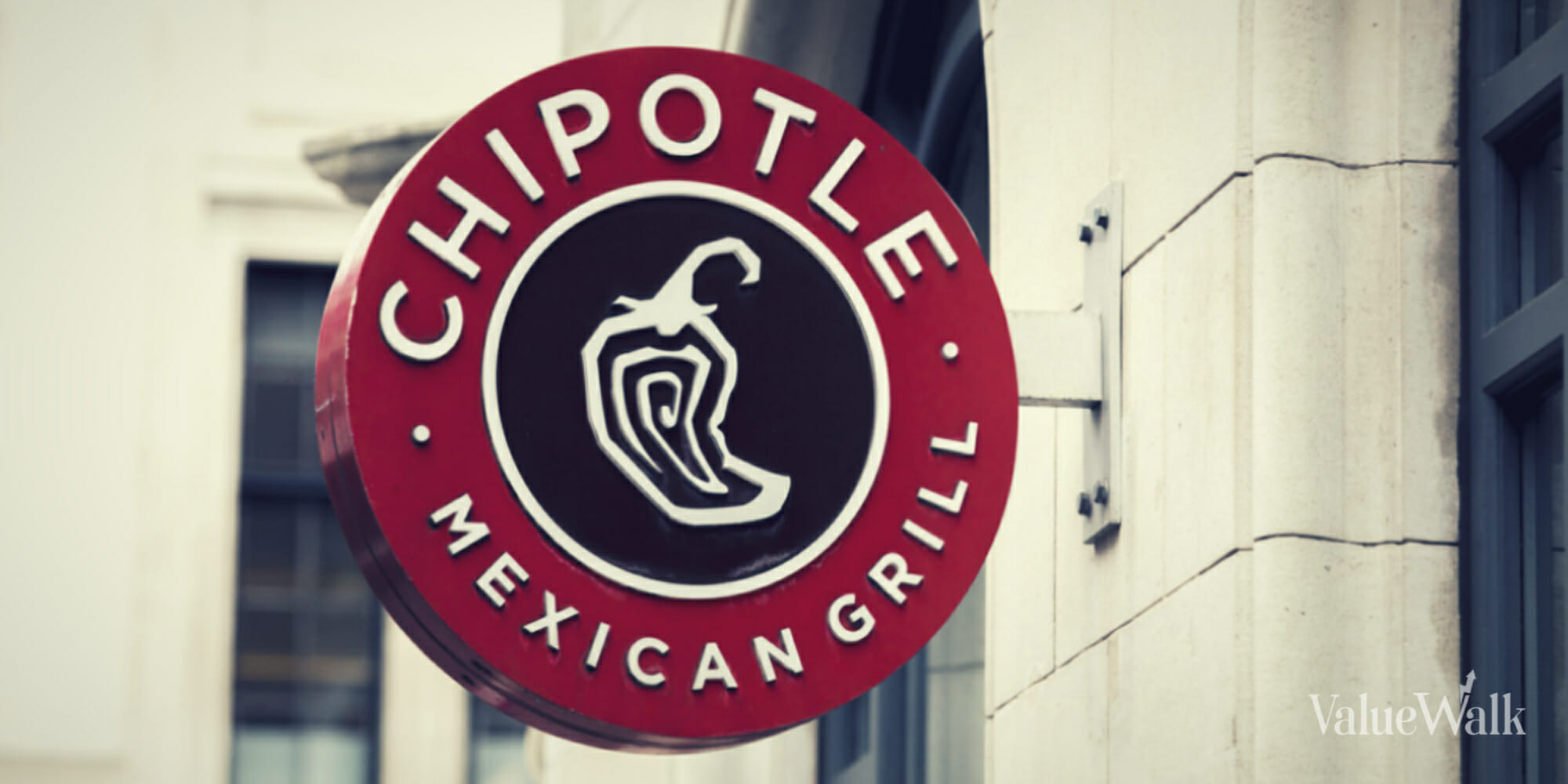For Charles Schwab (NYSE:SCHW) investors, 2023 was a year to put in the rear-view mirror, as its stock price tumbled 16% in a year when the S&P 500 was up 24% and the Nasdaq Composite soared 43%.
The problems started with the banking crisis in March. Schwab saw sizable deposit outflows as investors sought higher rates elsewhere, and as a result, it had to turn to higher-rate funding sources to shore up its liquidity, which cut into its earnings. Trading on its platform also slowed as investors flocked to money markets, and the company dealt with layoffs and some headaches related to the integration of TD Ameritrade accounts into the Schwab platform.
Now that 2024 is here, can investors expect a smoother ride?
Not off to a great start
So far in 2024, it has been more of the same for Schwab, the financial services giant and the nation’s largest brokerage firm. The stock is down by about 7% year to date, dropping sharply after the company posted lackluster fourth-quarter earnings last week. Schwab did manage to beat earnings estimates, but the bar was not set high as its net income fell 29% year over year in the quarter to $1 billion, or 51 cents per share.
Unfortunately, Schwab did not beat revenue estimates, as it generated $4.46 billion in revenue, down 19% from the fourth quarter of 2022. While its interest revenue was up 3% to $3.94 billion, Schwab took a big $1.8 billion hit on interest expenses, up from $812 million a year ago. As a result, the firm’s net interest revenue dropped 30% year over year to $2.1 billion.
It wasn’t all bad news as Schwab added 3.8 million brokerage accounts on the year to boost its total to 34.8 million accounts. The firm also added $306 billion in core net new assets, including $43 billion in December alone.
Schwab officials said 2023 was about navigating a challenging environment for banks and financial services firms and the massive integration of the TD Ameritrade accounts into Schwab, which was not without its hiccups. However, as of the end of the year, 90% of the accounts had been moved over without any major disruptions, although there were some minor issues that were rectified.
So what’s next? Will 2024 be a better year for Charles Schwab?
A “transition year”
CEO Walt Bettinger did not sugarcoat things on Schwab’s earnings call, saying it is “unrealistic to think that the challenges of 2023 simply disappear because the calendar flips over.” Rather, he called 2024 a “transition year” for the company, as uncertainty remains in the economy and with interest rates.
The outlook for 2024 was pretty broad and uncertain as well, with revenue projections ranging from a decline of 5% to 6% to growth of 5% to 6% versus 2023, depending on a variety of factors. Expenses are projected to remain flat, as the company sees additional run-rate expense savings after the TD Ameritrade integration is fully completed, while the adjusted pre-tax profit margin is expected to be between 38% and 45%. That would be compared to an adjusted pre-tax profit margin of 41.5% in fiscal 2023.
Thus, you can see why investors were slightly uncertain and somewhat bearish on Schwab post-earnings due to the fuzzy outlook for 2024. However, Bettinger was far more bullish in his longer-term view.
“When I look ahead to 2025, 2026 and 2027, I’m quite confident that the power of our client franchise is going to shine in terms of financial results. There’s much work to do in 2024 and beyond, and no one at Schwab is kidding themselves that everything is perfect right now, but my confidence is high,” Bettinger said on the call.
Post-earnings, Schwab’s stock price sank below $60 per share, but it has since bounced back up a little to $63 per share. The stock is not all that cheap, trading at 25 times earnings, up from 15 for most of 2023. Nonetheless, Schwab has been a solid long-term performer, with a 9% annualized return over the past 10 years as of Jan. 22, and it should bounce back in the second half of the year and into 2025 as it starts to see earnings accretion from the TD Ameritrade deal.
However, the next few months could be bumpy in this transition year, so investors may want to be cautious for now.





